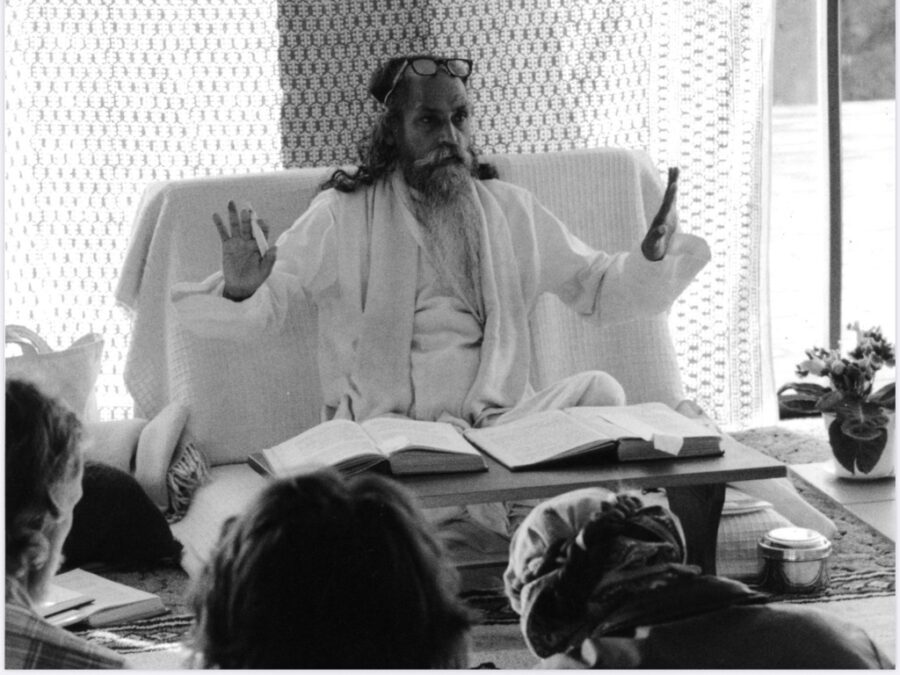
Why Argue with Life?
Are you content with your life? When you’re discontented, frustrated or depressed, it’s usually because something is happening that you don’t like.
What would it take for you to be happy right now, in this moment? We tend to think that if something (or someone) were to change, that would do the trick. Sometimes that actually works for a while, but it doesn’t last because everything changes. Whatever is happening now will change. Everything, the parts we don’t like but also the parts we do like.
Every life contains parts we like and parts we don’t like, what we call good and bad. The problem is that we want only the good parts.
Whatever your plans, life follows its own course. To function in the world, we need to make plans and work toward achieving our goals, but it’s helpful to hold them lightly. The path of life includes birth, growth, decay and death. No matter what kind of life you’ve been born into, or what age you live to be, these stages are part of life. Knowing this, why argue with life?
Life is not a burden. We make it a burden by not accepting life as it is. We desire everything. If we don’t get what we desire, we feel anger, depression, and pain. If we do get it, then we get attached, jealous, and discontented, which again causes pain. So the root cause is desire. If we put a limit on our desires, there will be a limit to our pain. Gradually we can reduce the list, and one day the desires will be decreased so much that we will not even think about them. That state of mind is peace.
Pema Chodron wrote, “If you’re invested in security and certainty you’re on the wrong planet.”
Actually, this planet is a perfect place to deal with our problems for the very reason that there is no certainty or security. Events happen: things break, people leave, people get sick (or we get sick), and eventually we die. Much as we’d like to be able to, we can’t control life. The only thing we have any control over is how we respond to what happens. That is our work.
The mind is the creator of everything. You create heaven and you create hell. Both are in the mind.
The Dalai Lama says: Do not let the behavior of others destroy your inner peace.
Nothing in the world can bother you a much as your own mind, If others seem to be bothering you, it is not others. It is your own mind.
A man once complained to Nisargadatta Maharaj that he was unhappy. When Nisargadatta asked why, the man replied that he didn’t have what we wanted and he had what he didn’t want. Nisargadatta said, “Why not invert it? Want what you have and don’t want what you don’t have.” Sounds simple, right? But is it possible, and are we willing to let go of our personal stories of suffering?
Deciding that you want to stop suffering is up to you, but It is possible; however, it requires some retraining. Our minds have developed habitual responses to life’s challenges. If we continue to see only what’s wrong, then that becomes our reality. If we truly want to find lasting peace and happiness, we have to be willing to examine this ongoing pattern of negative thoughts and behaviors and put a stop to it.
Every time we honestly examine the reality of what’s happening instead of resisting it or fighting it, we’re creating new neural pathways. There are many ways to support our aim to live in peace. The main thing is we have to do them.
Patanjali’s Yoga Sutras offer many paths toward peace, one of which is the practice of shifting negative thoughts by dwelling on their opposite. For example, when you’re aware that you’re angry, you can deliberately focus on compassion (for yourself and for the object of your anger). If you’re feeling jealous, shift to thoughts of friendship, and so on.
With practice we can change our experience of life in the world. Instead of digging deeper into our complaints, we can change our viewpoint, to change the angle of the mind as Babaji says. This shift can open our minds and hearts to new possibilities.
Thich Nhat Hanh offers the simple suggestion of asking “What’s not wrong?”
We can rewire our brains with the simple practice of gratitude. Keeping a gratitude journal is a very practical tool for overcoming negative thoughts and building new neural pathways. The instructions are very simple: Every day, write down 5 things you’re grateful for. At first it might be a challenge to come up with even one thing you’re grateful for, but little by little the list will grow. This daily practice changes your way of seeing the world, and that alone can change your life.
In this world good and bad things happen. If we are tolerant, if we develop patience, if we are compassionate, things can’t affect us much. In this way a peaceful life is created.
Don’t search for anything except peace, Try to calm the mind. Everything else will come on its own.
Why not be happy now?
contributed by Sharada
writings in italics by Babaji
 Sharada Filkow, a student of classical ashtanga yoga since the early 70s, is one of the founding members of the Salt Spring Centre of Yoga, where she has lived for many years, serving as a karma yogi, teacher and mentor.
Sharada Filkow, a student of classical ashtanga yoga since the early 70s, is one of the founding members of the Salt Spring Centre of Yoga, where she has lived for many years, serving as a karma yogi, teacher and mentor.
